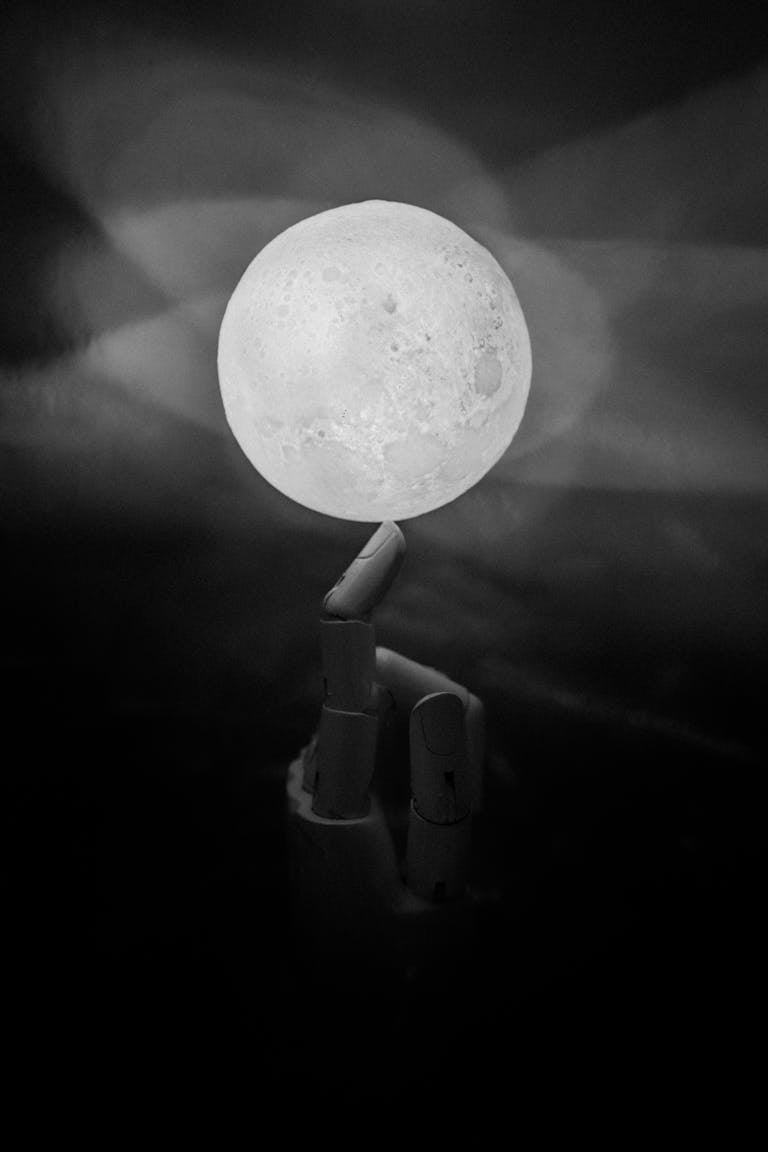The Amazing 7 Chakra System of Western Culture
When I first started learning about chakras, I didn’t realize there was a difference between Eastern and Western practices. The first mention of these energy centers dates back to around 1500 to 1000 BC in India, as described in their spiritual text, the Vedas, which mentions over 100 energy centers. Fascinating, right?? As the world evolved, so did the chakra system, depending on which part of the world you learned it from. Let us unlock the mystery of the Western chakra system, which comprises the root, sacral, solar plexus, heart, third eye, and crown chakras.


Color: Red
Location: Base of the Spine
Element: Earth
Stones: Smoky Quartz, Red Jasper, Black
Tourmaline
Root (Muladhara)
The root chakra is the foundation on which physical and spiritual energy flows throughout the body. It provides stability for your energy and your physical body. The root chakra also holds your ancestral memories and past life karma.
During times of balance, you’ll notice excitement and passion for your life and personal growth. You also tend to be resourceful and stress-free, so manifesting opportunities and prosperity is no longer a struggle!
When imbalanced, it leads to feelings of fear, insecurity, and confusion about your life path. You might also notice if you are experiencing blocked attachment issues, such as holding on to relationships or objects when you know you shouldn’t.
Click here to find out more about the Root Chakra.
Physical and emotional relation: Immune system, eating disorders, legs and feet (degenerative arthritis, knee pain, sciatica), male reproduction and prostate gland, depression, anxiety, and fatigue.

Sacral (Swadhisthana)
The sacral chakra regulates the energy flow within the body, connecting it to and from the mind. Known as the center of gravity, it is also the center of your Life Force, which controls your intuition and gut feelings.
During times of balance, you will be more flexible and accept change more readily. Life will feel pleasurable, and you will enjoy yourself more, leading to a healthier self-image. Balance within your Swadhistana allows you to be creative, passionate, and outgoing.
When imbalanced, the sacral chakra can lead to fears of betrayal, emotional explosions, or irritability. You may become overly dependent on others or form addictions, detach from the world, and have a decreased sense of self-worth.
Click here to find out more about the Sacral Chakra.

Color: Orange
Location: Lower abdomen, just below the naval and
above the pubic bone
Element: Water
Stones: Carnelian, Amber, Tiger’s Eye
Physical and emotional relation: Hips and pelvis, sexual and reproductive organs, kidneys, gallbladder, adrenal glands, need for control, depression, guilt, fear, and addiction.
Find your crystals now. Click here!


Color: Yellow
Location: above the belly button and below the ribs
Element: Fire
Stones: Citrine, Yellow Calcite, Yellow Jasper
Solar Plexus (Manipura)
The solar plexus chakra gives us our sense of purpose and drives our personal growth. Known as the warrior energy, the Manipura, when balanced, can help you overcome any problem or obstacle.
During times of balance, you can expect an increase in energy, confidence, productivity, and focus in your life and career. You will feel joyful and generous when the energy flows upward, indicating a positive state.
On the other hand, when imbalanced, you may feel powerless or like your life is out of control. You can no longer prioritize, become judgmental of yourself and others, or be easily triggered by criticism. The downward (negative) energy flow often leads to greed and jealousy.
Physical and emotional relation: Digestive system, acid reflux/heartburn, sleep disturbances, mid-back, eyes, determination, ego, inner strength, and focus.

Heart (Anahata)
The heart chakra is the warden of what we accept and oppose, as it determines the depth of our relationships. This energy center allows for interaction with the world around you and is where love, fear, and hatred originate.
During times of balance, relationships are healthier and mutually nurturing. You will also be more aware of when your relationship needs are not being met, allowing you to make changes with confidence. Finally, you can understand your needs.
When imbalanced, the Anahata can be overactive or blocked. When overactive, you often find yourself rescuing others, leaving little time to focus on yourself. On the other hand, when blocked, you may find you cannot forgive people, are detached, or lack empathy for others.

Color: Green
Location: Center of the chest
Element: Air
Stones: Rose Quartz, Amazonite, Green
Adventurine
Physical and emotional relation: Lungs, heart, hands/wrists, lymphatic system, upper back and shoulders, blood, nerves, compassion, love, generosity, joy, fear, and grief.
Book a reading with Alisha now. Click here!


Color: Blue
Location: Center of the throat
Element: Space
Stones: Soladite, Blue Apatite, Aquamarine
Throat (Vishuddha)
The throat chakra is the first of your spiritual chakras and can only be balanced when you have cleared your lower four. The Vishuddha is where authentic expression originates, enabling you to convey your truth to the world.
During times of balance, the expression of feelings and thoughts flows effortlessly as you find your purpose. You will begin to seek universal wisdom through your higher consciousness, fashioning emotional balance.
When imbalanced, lying may come easily as you tend to be ruled by fears or doubts. You may also find yourself taking part in gossiping in the workplace or revealing secrets you promised to keep.
Physical and emotional relation: Vocal cords, throat, ears, mouth, headache, stiff neck, thyroid, confidence, communication, shyness, verbal aggression, and insecurity.

Third Eye (Anja)
The third eye chakra is the guidance system for our beliefs, psyche, and personality. Used for self-reflection, the Anja can open you up to universal wisdom and truth. Here sits your consciousness.
During times of balance, you will be released from fears and beliefs that keep you from moving forward. Your life gains new meaning as you embark on your soul purpose, ascending the limitations of your physical mind. All those hardships, mistakes, or misfortunes are now understood as life lessons.
When imbalanced, confusion and chaos can overtake your life. Problem-solving or puzzles become laborious, as nothing makes sense to you. This can lead to feeling stuck as you cannot figure out a way out of your current situation.

Color: Violet
Location: Between the eyebrows
Element: None
Stones: Amethyst, Lapis Lazuli, Labradorite
Physical and emotional relation: Pineal gland, lower brain, nightmares, clumsiness, headaches, eye issues, hormone imbalances, burnout, paranoia, indecisiveness, fear, and insignificance.
Click here to develop your psychic abilities.


Color: White
Location: Top of the head, resting at the crown
Element: None
Stones: Clear Quartz, Amethyst, Selenite
Crown (Sahasrara)
The crown chakra connects us with our higher self and the universe. The Sahasrara is the energy center that allows you to raise your consciousness and vibration, connecting you to higher sources of truth and energy.
During times of balance, you are flexible and know where you belong. When a setback occurs, you remain unfazed, knowing it is part of life’s flow. You are present in every moment and experience love for every living thing.
When imbalanced, you often question who you are or why you exist. You may find yourself attached to your physical possessions, led by your ego, or lacking inspiration.
Physical and emotional relation: Brain fog, migraines, neurologic issues, Alzheimer’s, acne, eczema, mental illness, materialism, greed, loneliness, selfishness, and frustration.

Chakra Table of Contents








